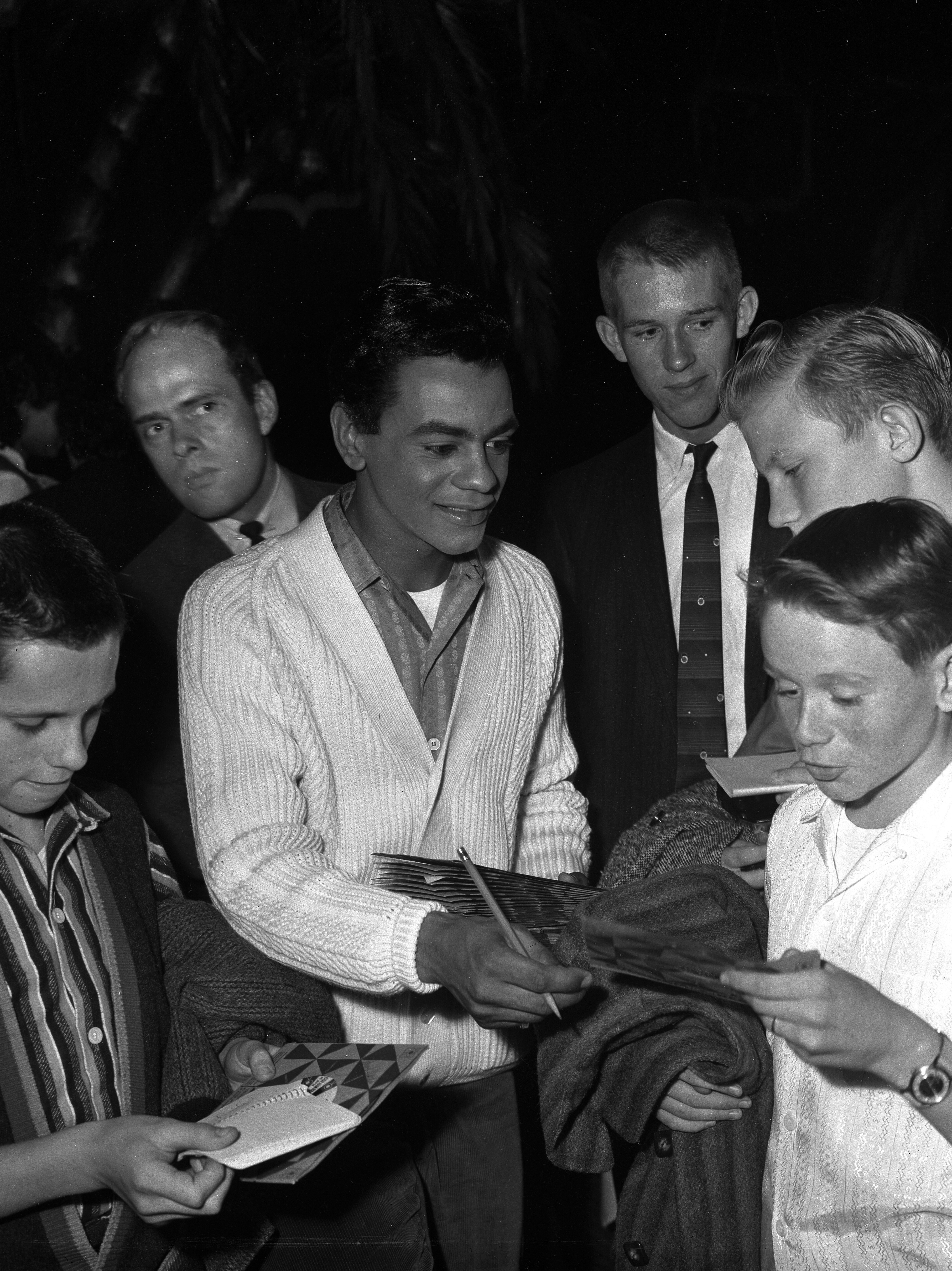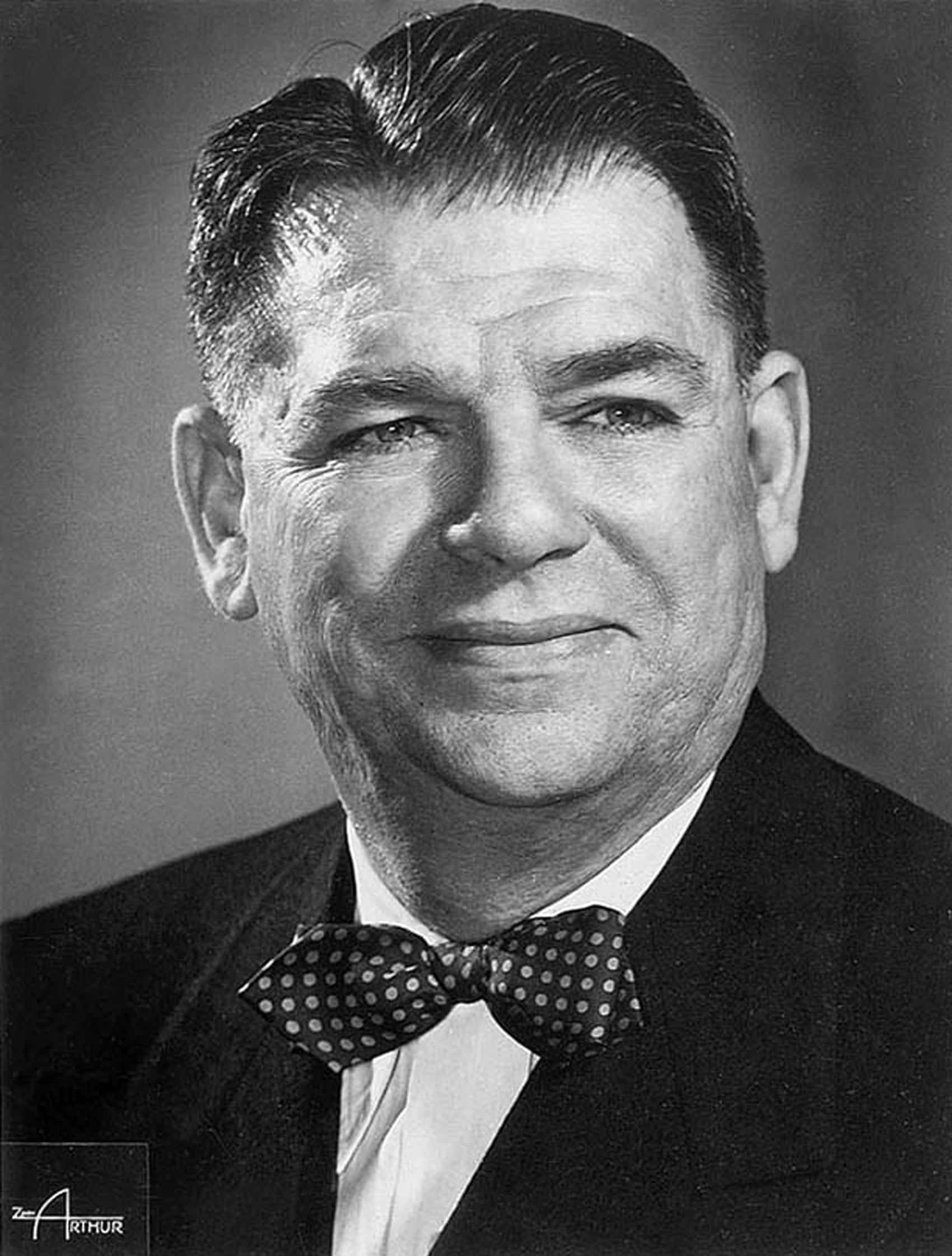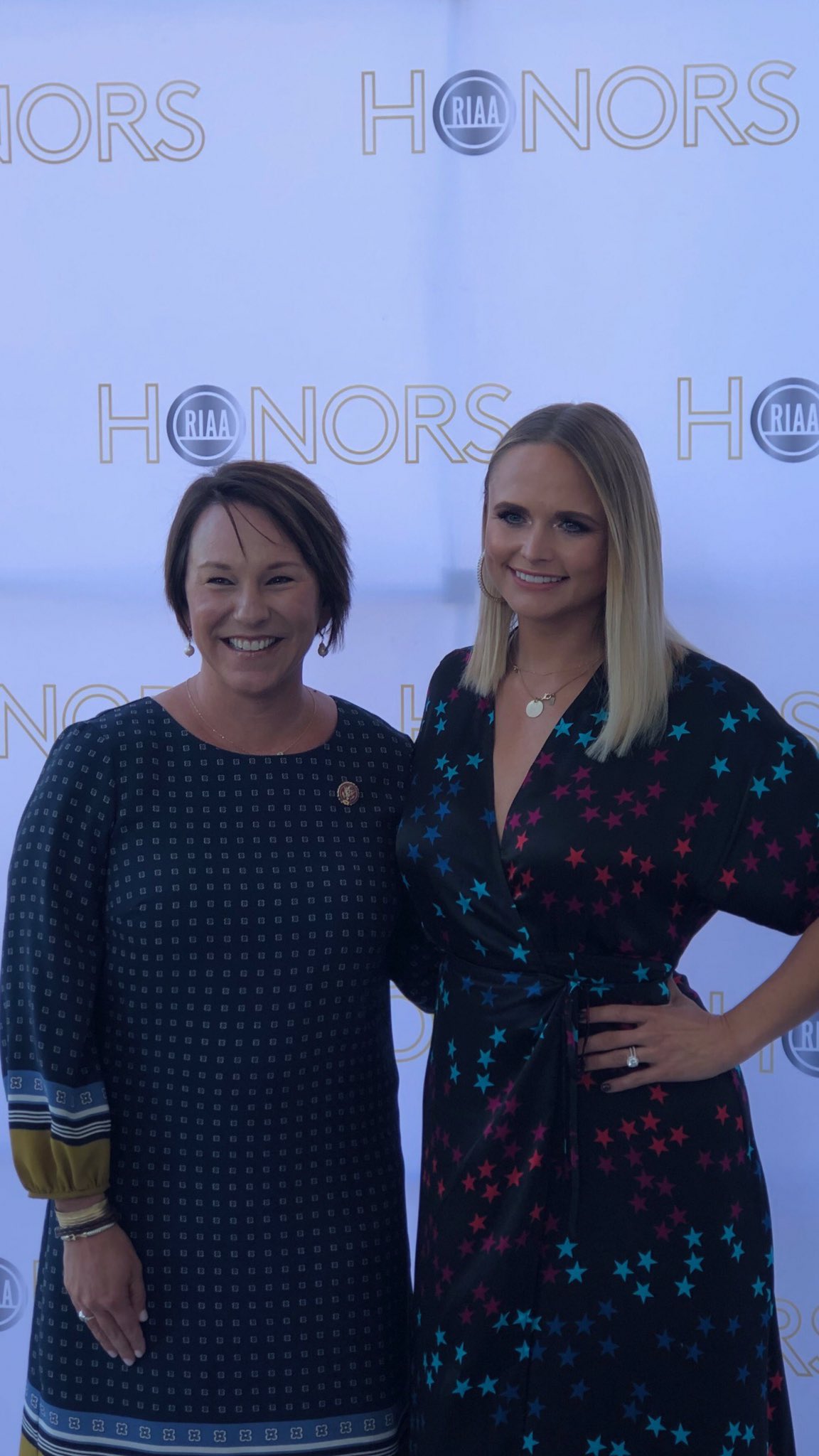|
Johnny Mathis' All-Time Greatest Hits
''Johnny Mathis' All-Time Greatest Hits'' is a compilation album by American pop singer Johnny Mathis that was released in the spring of 1972 by Columbia Records and, despite its title, overlooks a good number of his Top 40 hits (" No Love (But Your Love)", "Teacher, Teacher", "Call Me", "Someone", "Starbright", "Every Step of the Way"). in favor of his singles that did not make the ''Billboard'' Hot 100 ("Venus", " Misty Roses", "If We Only Have Love") and album tracks that were not released as singles ("When Sunny Gets Blue", " (Where Do I Begin) Love Story", "My Funny Valentine"). This collection made its first appearance on ''Billboard'' magazine's Top LP's & Tapes chart in the issue dated June 24, 1972, and remained there for 15 weeks, peaking at number 141. It received Gold certification from the Recording Industry Association of America on July 9, 1976, and Platinum certification was awarded on November 21, 1986. Reception ''Billboard'' described the compilation as "a ... [...More Info...] [...Related Items...] OR: [Wikipedia] [Google] [Baidu] |
Johnny Mathis
John Royce Mathis (born September 30, 1935) is an American singer. Starting his 69-year career with singles of standard (music), standard music, Mathis is one of the best-selling recording artists of the 20th century and became highly popular as an album artist, with several of his albums achieving Music recording certification, gold or platinum status and 73 making the Billboard charts, ''Billboard'' charts. Mathis has received the Grammy Lifetime Achievement Award and has been inducted into the Grammy Hall of Fame for three recordings. Although frequently described as a romantic singer, his discography includes traditional pop, Latin American, soul music, soul, rhythm and blues, show tunes, Tin Pan Alley, soft rock, blues, country music, and even a few disco songs for his album ''Mathis Magic'' in 1979. Mathis has also recorded seven albums of Christmas music. In a 1968 interview, he cited Lena Horne, Nat King Cole, and Bing Crosby among his musical influences. Early life and ... [...More Info...] [...Related Items...] OR: [Wikipedia] [Google] [Baidu] |
When Sunny Gets Blue
"When Sunny Gets Blue" is a jazz standard with music by Marvin Fisher and lyrics by Jack Segal. The song was originally recorded in 1956 by Johnny Mathis backed by Ray Conniff and his Orchestra and released as the B-side of Mathis's debut single "Wonderful! Wonderful!". "When Sunny Gets Blue" was included on the compilation album ''Johnny's Greatest Hits'', released in April 1958. Background and release Johnny Mathis was billed as a jazz singer on his debut album, which was released by Columbia Records in 1956. In the liner notes for his 1993 box set '' The Music of Johnny Mathis: A Personal Collection'', Mathis is quoted as saying that the head of A&R at Columbia, Mitch Miller, "hated what I was singing, and he hated the way I was singing it." Miller wanted to teach him to sing using the "choirboy quality in his voice". He gave Mathis a stack of demos and sheet music from which he was to select four songs for a recording session on September 21, 1956, with Miller and Al Ham pro ... [...More Info...] [...Related Items...] OR: [Wikipedia] [Google] [Baidu] |
Johnny Burke (lyricist)
John Francis Burke (October 3, 1908 – February 25, 1964) was an American lyricist, successful and prolific between the 1920s and 1950s. His work is considered part of the Great American Songbook. His song " Swinging on a Star", from the Bing Crosby film '' Going My Way'', won an Academy Award for Best Song in 1944. Early life Burke was born in Antioch, California, United States, the son of Mary Agnes (Mungovan), a schoolteacher, and William Earl Burke, a structural engineer. When he was still young, his family moved to Chicago, Illinois, where Burke's father founded a construction business. As a youth, Burke studied piano and drama. He attended Crane College and then the University of Wisconsin–Madison, where he played piano in the orchestra. After graduating from the University of Wisconsin–Madison in 1927, Burke joined the Chicago office of the Irving Berlin Publishing Company in 1926 as a pianist and song salesman. He also played piano in dance bands and vaudeville ... [...More Info...] [...Related Items...] OR: [Wikipedia] [Google] [Baidu] |
Misty (song)
"Misty" is a jazz standard written and originally recorded in 1954 by pianist Erroll Garner. He composed it as an instrumental in the traditional Thirty-two-bar form, 32-bar format, and recorded it on July 27, 1954 for the album ''Contrasts (Erroll Garner album), Contrasts''. Lyrics were added later by Johnny Burke (lyricist), Johnny Burke. It appeared on Johnny Mathis' 1959 album ''Heavenly (Johnny Mathis album), Heavenly'', and this recording reached number 12 on the Billboard Hot 100, U.S. Pop Singles chart later that year. It has since become Mathis’ signature song. The song has been recorded by many other artists, including versions by Ella Fitzgerald, Sarah Vaughan, and Ray Stevens who released a hit country version in 1975. Recordings by both Johnny Mathis and Erroll Garner have been inducted into the Grammy Hall of Fame. It was ranked number 174 in the list of the Songs of the Century compiled by Recording Industry Association of America and National Endowment for the ... [...More Info...] [...Related Items...] OR: [Wikipedia] [Google] [Baidu] |
Jule Styne
Jule Styne ( ; born Julius Kerwin Stein; December 31, 1905 – September 20, 1994) was an English-American songwriter and composer widely known for a series of Broadway theatre, Broadway musical theatre, musicals, including several famous frequently-revived shows that also became successful films: ''Gypsy (1962 film), Gypsy,'' ''Gentlemen Prefer Blondes (musical), Gentlemen Prefer Blondes,'' and ''Funny Girl (musical), Funny Girl.'' Early life Styne was born to a Jewish family in London, England. His parents, Anna Kertman and Isadore Stein, were emigrants from Ukraine (then part of the Russian Empire) and ran a small grocery. Even before his family left Britain, he did impressions on the stage of well-known singers, including Harry Lauder, who saw him perform and advised him to take up the piano. At the age of eight, he moved with his family to Chicago, where he began taking piano lessons. He proved to be a Child prodigy, prodigy and performed with the Chicago, St. Louis, Missou ... [...More Info...] [...Related Items...] OR: [Wikipedia] [Google] [Baidu] |
Stephen Sondheim
Stephen Joshua Sondheim (; March22, 1930November26, 2021) was an American composer and lyricist. Regarded as one of the most important figures in 20th-century musical theater, he is credited with reinventing the American musical. He received List of awards and nominations received by Stephen Sondheim, numerous accolades, including eight Tony Awards, an Academy Award, eight Grammy Awards, an Olivier Award, and the Pulitzer Prize. He was inducted into the American Theater Hall of Fame in 1982, and awarded the Kennedy Center Honor in 1993 and the Presidential Medal of Freedom in 2015. Sondheim was mentored at an early age by Oscar Hammerstein II and later frequently collaborated with Harold Prince and James Lapine. His Broadway theatre, Broadway musicals tackle themes that range beyond the genre's traditional subjects, while addressing darker elements of the human experience. His music and lyrics are tinged with complexity, sophistication, and ambivalence about various aspects of li ... [...More Info...] [...Related Items...] OR: [Wikipedia] [Google] [Baidu] |
Gypsy (musical)
''Gypsy: A Musical Fable'' is a musical theatre, musical with music by Jule Styne, lyrics by Stephen Sondheim, and a book by Arthur Laurents. It is loosely based on the Gypsy: A Memoir, 1957 memoirs of striptease artist Gypsy Rose Lee, and focuses on her mother, Rose Thompson Hovick, Rose, whose name has become synonymous with "the ultimate stage mother, show business mother." It follows the dreams and efforts of Rose to raise two daughters to perform onstage and casts an affectionate eye on the hardships of show business life. The character of Louise is based on Lee, and the character of June is based on Lee's sister, the actress June Havoc. The musical contains many songs that became popular standards, including "Everything's Coming Up Roses", "Rose's Turn", "Small World", "Together (Wherever We Go)", "You Gotta Get a Gimmick (song), You Gotta Get a Gimmick", and "Let Me Entertain You (Gypsy), Let Me Entertain You". It is frequently considered one of the crowning achievements ... [...More Info...] [...Related Items...] OR: [Wikipedia] [Google] [Baidu] |
Paul Francis Webster
Paul Francis Webster (December 20, 1907 – March 18, 1984) was an American lyricist who won three Academy Awards for Best Original Song, and was nominated sixteen times for the award. Life and career Webster was born in New York City, United States, the son of Myron Lawrence Webster and Blanche Pauline Stonehill Webster. His family was Jewish. His father was born in Augustów, Poland. He attended the Horace Mann School ( Riverdale, Bronx, New York), graduating in 1926, and then went to Cornell University from 1927 to 1928 and New York University from 1928 to 1930, leaving without receiving a degree. He worked on ships throughout Asia and then became a dance instructor at an Arthur Murray studio in New York City. After college, Webster served as an officer in the U.S. Navy. By 1931, however, he turned his career direction to writing song lyrics. His first professional lyric was "Masquerade" (music by John Jacob Loeb) which became a hit in 1932, performed by Paul Whiteman. In ... [...More Info...] [...Related Items...] OR: [Wikipedia] [Google] [Baidu] |
Sammy Fain
Sammy Fain (born Samuel E. Feinberg; June 17, 1902 – December 6, 1989) was an American composer of popular music. In the 1920s and early 1930s, he contributed numerous songs that form part of The Great American Songbook, and to Broadway theatre. Fain was also a popular musician and vocalist. Biography Sammy Fain was born in New York City, the son of a cantor. In 1923, Fain appeared in the short sound film, "Sammy Fain and Artie Dunn" directed by Lee De Forest filmed in DeForest's Phonofilm sound-on-film process. In 1925, Fain left the Fain-Dunn act to devote himself to music. Fain was a self-taught pianist who played by ear. He began working as a staff pianist and composer for music publisher Jack Mills. In 1932, he appeared in the short film ''The Crooning Composer''. Later, Fain worked extensively in collaboration with Irving Kahal. Together they wrote classics such as " Let a Smile Be Your Umbrella" and " You Brought a New Kind of Love to Me," (co-written with Pierre No ... [...More Info...] [...Related Items...] OR: [Wikipedia] [Google] [Baidu] |
A Certain Smile (film)
''A Certain Smile'' is a 1958 American drama film directed by Jean Negulesco, based on the book of the same name by Françoise Sagan. Plot In Paris, beautiful Dominique Vallon is involved with a young man, Bertrand Griot, until suddenly entering into an unwise week-long romance with his wealthy and married uncle, Luc Ferrand. Cast * Rossano Brazzi as Luc Ferrand * Joan Fontaine as Françoise Ferrand * Bradford Dillman as Bertrand Griot * Christine Carère as Dominique Vallon * Eduard Franz as M. Vallon * Katherine Locke as Mme. Vallon * Kathryn Givney as Mme. Griot * Steven Geray as Denis * Johnny Mathis as Himself * Trude Wyler as Mme. Denis * Sandy Livingston as Catherine * Renate Hoy as Mlle. Minot * Muzaffer Tema as Pierre Production Christine Carère was cast in the main role, although she didn't know any English at the time. She was brought to Hollywood and trained for ten months before filming. The Production Code Administration The Motion Picture Associati ... [...More Info...] [...Related Items...] OR: [Wikipedia] [Google] [Baidu] |
A Certain Smile (song)
"A Certain Smile" is a popular song from the 1958 film of the same name. The song was written by Sammy Fain and Paul Francis Webster. Johnny Mathis performed the song in the film, and the song reached number 4 on the UK chart. The song was nominated for the 1958 Academy Award for Best Original Song. Background The music was written by Sammy Fain with lyrics by Paul Francis Webster for the 1958 film of the same name, based on the novel, also titled ''A Certain Smile'', by Françoise Sagan. Johnny Mathis, who appeared in the 1958 film as a bar singer, performing the title song. Mathis's recording, with backing orchestration by Ray Ellis and released in June 1958 (4-41193), backed with "Let It Rain". The song reached number 4 on the UK Singles Chart and number 14 on the US chart. Charts Other recorded versions The song has been covered by artists such as: *Astrud Gilberto recorded it for her 1966 album, '' A Certain Smile, a Certain Sadness''. * Jay and the Americans released ... [...More Info...] [...Related Items...] OR: [Wikipedia] [Google] [Baidu] |
Recording Industry Association Of America
The Recording Industry Association of America (RIAA) is a trade organization that represents the music recording industry in the United States. Its members consist of record labels and distributors that the RIAA says "create, manufacture, and/or distribute approximately 85% of all legally sold recorded music in the United States". RIAA is headquartered in Washington, D.C. RIAA was formed in 1952. Its original mission was to administer recording copyright fees and problems, work with trade unions, and do research relating to the record industry and government regulations. Early RIAA standards included the RIAA equalization curve, the format of the stereophonic record groove and the dimensions of 33 1/3, 45, and 78 rpm records. RIAA says its current mission includes: #to protect intellectual property rights and the First Amendment rights of artists #to perform research about the music industry #to monitor and review relevant laws, regulations, and policies Between 2001 and 2 ... [...More Info...] [...Related Items...] OR: [Wikipedia] [Google] [Baidu] |


